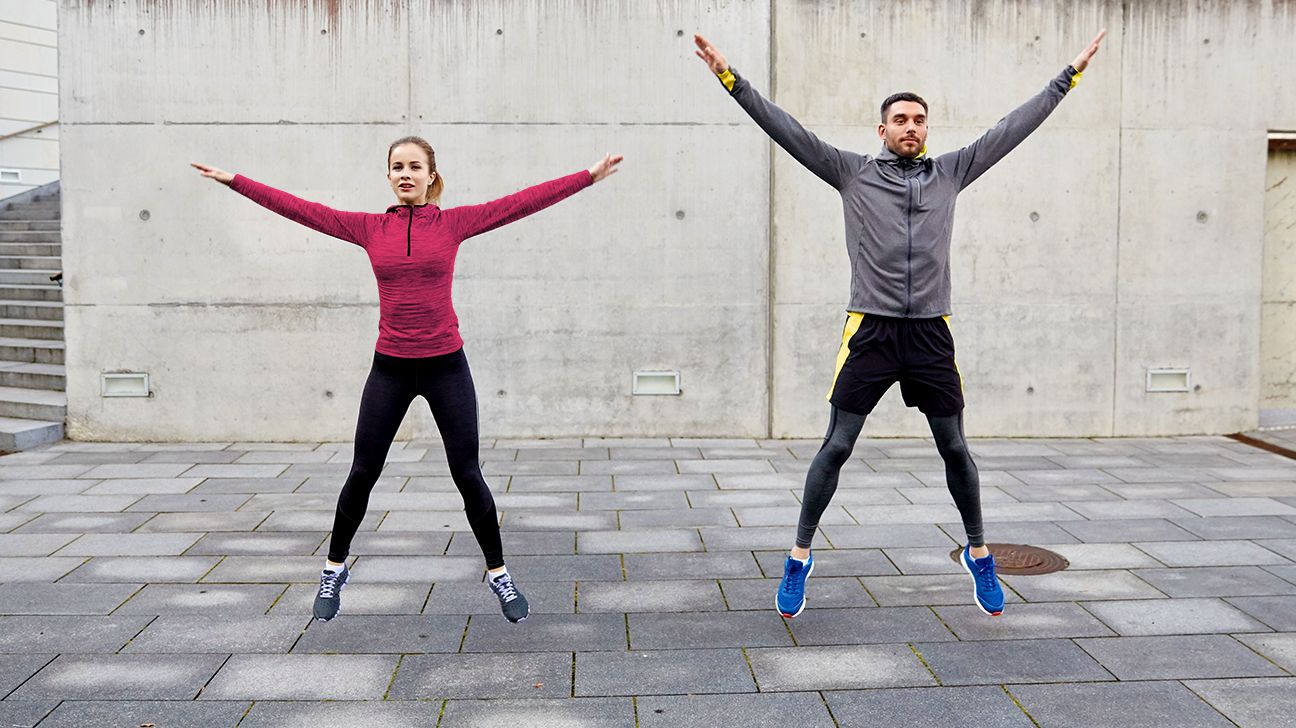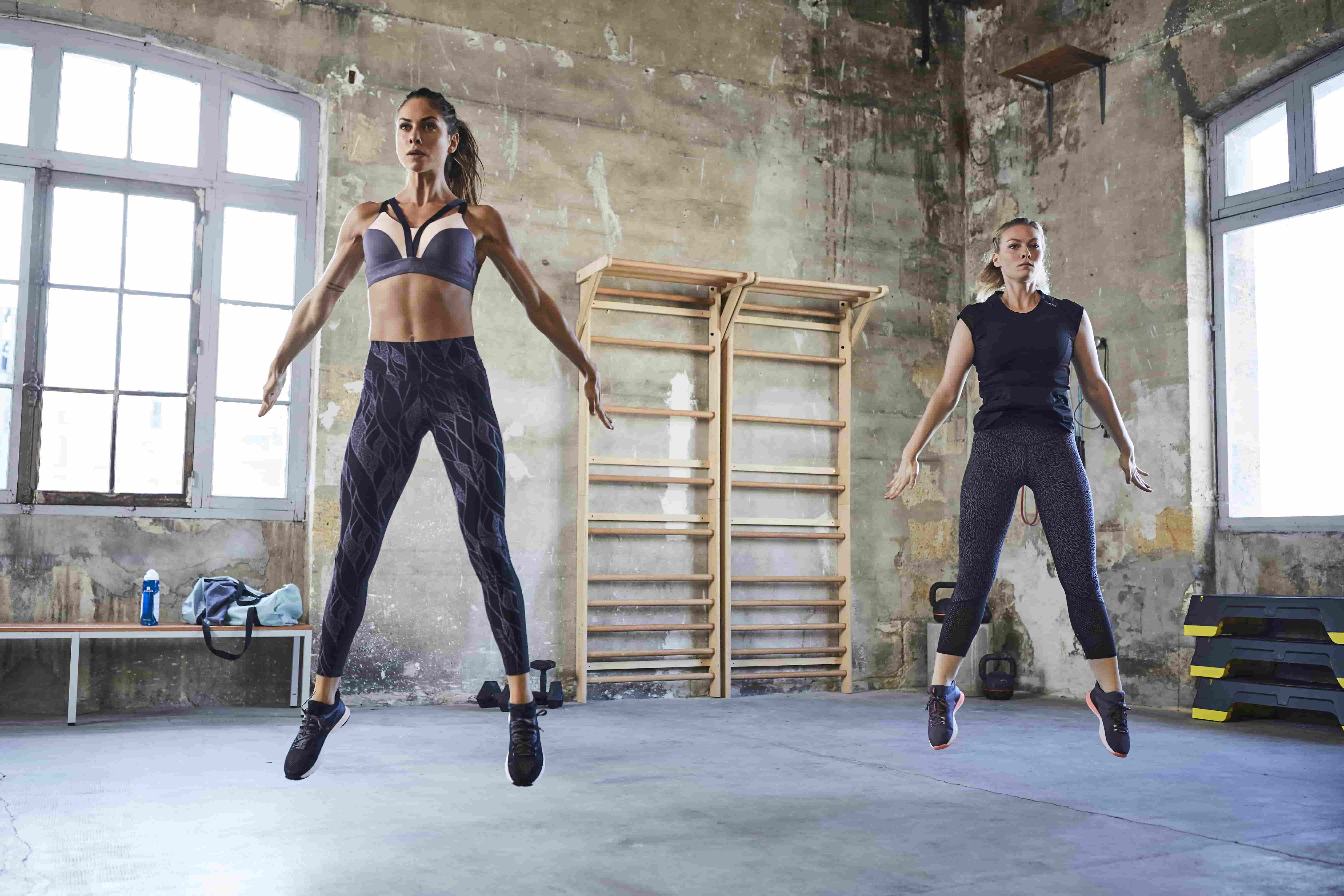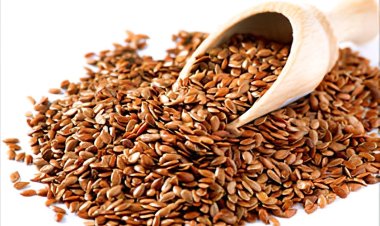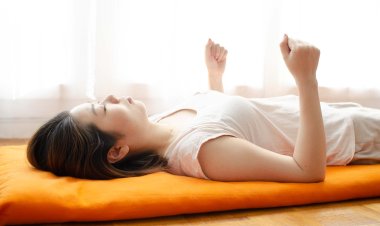Best 7 Proven Health Benefits of Jumping Jacks
This stands true for the muscles which are engaged in doing jumping jacks, like the calves, hip abductors, core muscles, abs, lower back muscles

Jumping jacks are more than just a nostalgic exercise from gym class. The dynamic gesture stimulates the circulatory and muscular systems. That's why it's so useful for pre-workout stretches, cardio, and weight training. Jumping jacks can help you get in shape and improve your health.
What are the benefits of jumping jacks?
Many people, from total fitness newbies to seasoned veterans, rely on jumping jacks as a fundamental exercise. You can do them practically anyplace, and they work your entire body effectively. Here are some of the best reasons to incorporate jumping jacks into your training routine.
1. Jumping jacks provide full-body exercise
If you don't have much time to exercise but yet want to engage your whole body, try jumping jacks. Jumping and landing on your feet is a tried and effective method of strengthening your legs. The arm swinging motion also works the muscles in your upper body.
The complex motion uses many muscle groups, such as:
Muscles of the shoulder blades, abdominals, hip flexors, glutes, quads, hamstrings, and calves
2. Jumping jacks promote cardiovascular fitness
Jumping jacks are an excellent kind of cardio exercise. Jumping and swinging your arms in time with music is a great way to get your heart rate up and your blood pumping. Keeping your body in motion requires more effort from your heart, lungs, and muscles.
Cardiovascular fitness (VO2 max) can be increased and heart health improved by including jumping jacks in regular cardio workouts.
High-intensity interval training (HIIT) is a great addition. Intervals of high intensity are alternated with periods of lower intensity, which is what makes HIIT so effective. You can make your own high-intensity interval training routine by alternating jumping jacks with a less strenuous activity.
3. Jumping jacks boost muscle strength and power
Jumping jacks can be used for both cardiovascular and muscular conditioning. This workout targets your lower body's larger muscular groups with quick, explosive motion. The major muscle groups worked by jumping jacks are the hamstrings, glutes, quadriceps, and calves. Jumping jacks and other plyometric workouts can help you increase the strength, power, and endurance of your leg muscles.
4. Jumping jacks support strong bones
As we become older, it becomes more critical that we keep our bones healthy. Exercises that involve resistance and weight bearing are ideal for this purpose. And both of those groups include jumping jacks.

Because you utilise your own body weight as resistance, jumping jacks are a great exercise for building muscle. They count as a weight-bearing activity since you have to fight gravity while doing them. Every time you leap, you safely return to the ground. It's possible that the impact will improve bone density and strength.
5. Jumping jacks enhance balance and coordination
Think of jumping jacks as a form of multitasking training. Jumping with your arms outstretched at the same time is an exercise in rhythm, coordination, and balance. Regularly performing jumping jacks is a great way to put these abilities to the test.

Plyometric jump training may improve both novice and seasoned athletes' static and dynamic balance, according to one review.
6. Jumping jacks improve functional and athletic performance
In one study, a modified plyometric exercise programme was put to the test on a group of middle-aged males. The workouts in the programme involved progressively more challenging forms of leaping and skipping. The males saw increases in muscle power, strength, and functional fitness after 12 weeks.
Jumping higher and running faster are just two examples of how plyometric training may benefit athletes. Researchers observed that endurance runners who participated in jump training saw improvements in their fitness and performance.
7. Jumping jacks are convenient and accessible
Jumping jacks are great since they can be done anywhere and at any time. Whether you're in your house, the park, or the gym, you can do them. And many people have done things previously, even if it has been a long time.
They are not dependent on elaborate setups or large areas. If you're short on time or money, try some jumping jacks. You can incorporate them into your existing training routine and adjust the intensity as needed.













